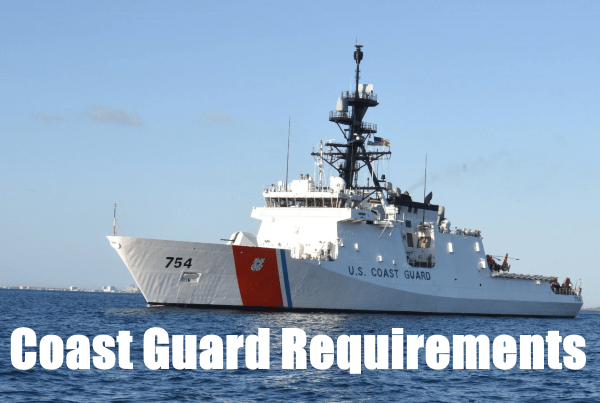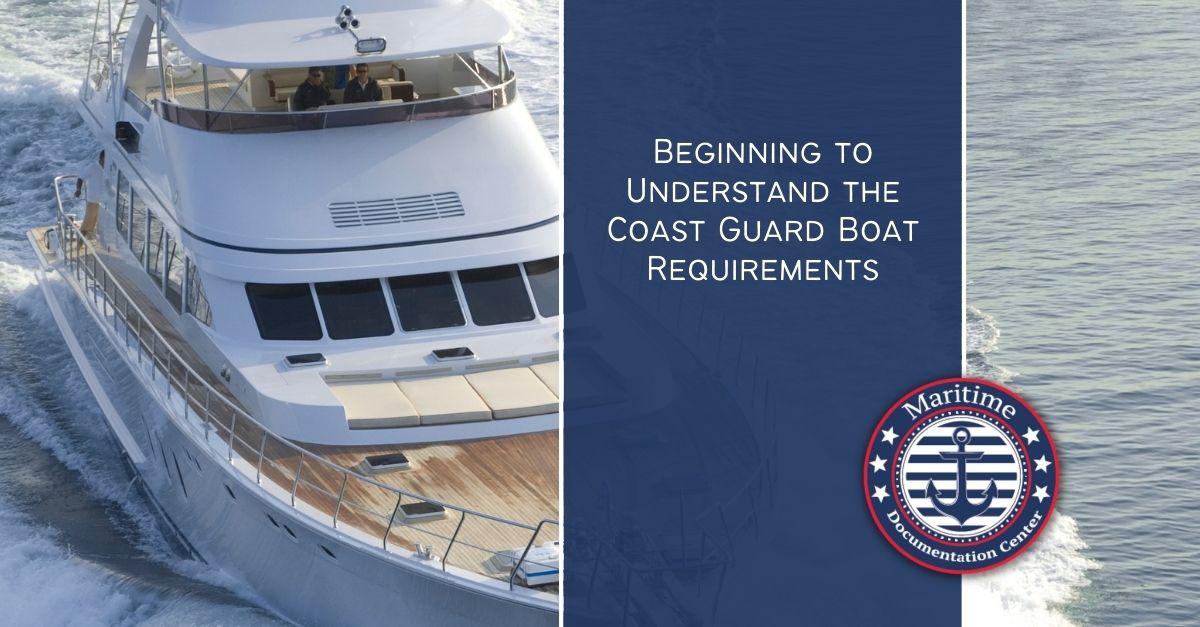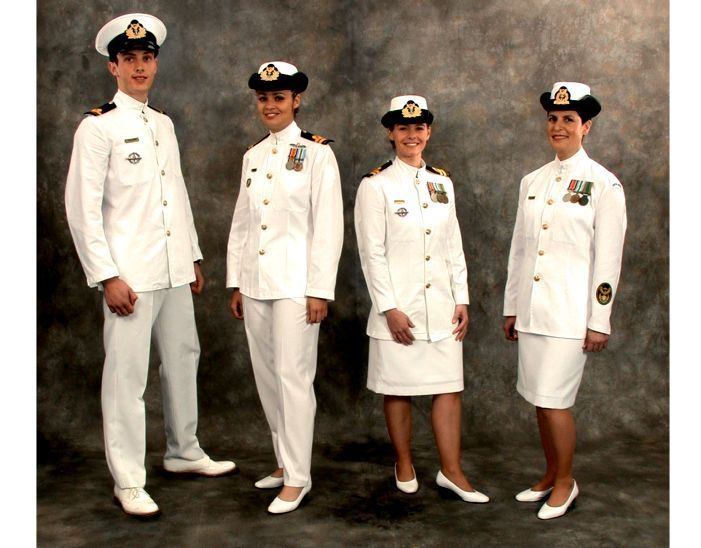Military
Coast Guard Officer Requirements

Introduction to Coast Guard Officer Requirements

The United States Coast Guard (USCG) is a unique branch of the military that operates under the Department of Homeland Security during peacetime and under the Department of the Navy during wartime. As a Coast Guard officer, one plays a critical role in protecting the country’s coastlines, enforcing maritime law, and saving lives. The requirements to become a Coast Guard officer are stringent, reflecting the challenging and prestigious nature of the role. This article will guide you through the necessary steps and qualifications to become a part of this elite group.
Basic Requirements

To be eligible for a commission in the Coast Guard, applicants must meet certain basic requirements. These include: - Age: Be between the ages of 17 and 27 for active duty. For reserve duty, the age limit can be up to 40, depending on the specific program. - Citizenship: Be a U.S. citizen. - Education: Have a high school diploma or equivalent. For officer positions, a bachelor’s degree from an accredited institution is typically required. - Physical Condition: Meet specific physical fitness standards. - Background: Pass a background check.
Officer Commissioning Programs

The Coast Guard offers several paths to becoming an officer, each with its own set of requirements: - United States Coast Guard Academy: Provides a four-year Bachelor of Science degree and a commission as an ensign. - Officer Candidate School (OCS): A 17-week training course for individuals with a bachelor’s degree. - Direct Commission Programs: For professionals in specific fields like law, aviation, engineering, and medicine. - College Student Pre-Commissioning Initiative (Scholarship): Offers scholarships to students who agree to serve as officers upon graduation.
Academic Requirements

For those aiming to become officers through the Coast Guard Academy or a scholarship, maintaining a strong academic record is crucial. This includes: - GPA Requirements: Typically, a minimum GPA of 2.5 is required, though a higher GPA can be more competitive. - SAT/ACT Scores: Competitive scores are essential for admission to the Coast Guard Academy. - Coursework: Focus on STEM fields (Science, Technology, Engineering, and Mathematics) for a stronger application.
Physical Fitness Requirements

Physical fitness is a cornerstone of military service. The Coast Guard has specific standards for push-ups, sit-ups, and a 1.5-mile run. Meeting these standards is essential for admission and continued service.
Selection Process

The selection process for Coast Guard officers is highly competitive and involves several steps: - Application: Submitting an application, which includes transcripts, test scores, and letters of recommendation. - Interviews: A panel interview to assess leadership potential, motivation, and character. - Medical Evaluation: Passing a medical examination to ensure fitness for duty. - Background Check: A thorough background check to ensure eligibility for a security clearance.
Training and Education

Once selected, officer candidates undergo rigorous training and education: - Officer Candidate School (OCS): For those not attending the Coast Guard Academy, OCS provides the foundational training needed to become an officer. - Classroom Instruction: Covers topics like leadership, tactics, and Coast Guard operations. - Field Training: Practical application of learned skills in real-world scenarios.
Specializations and Careers

Coast Guard officers can choose from a variety of specializations, including: - Aviation: Pilots and aviation support officers. - Engineering: Managing the maintenance and operation of Coast Guard vessels and equipment. - Intelligence: Gathering and analyzing information to support Coast Guard operations. - Legal: Serving as Judge Advocate General (JAG) officers.
| Specialization | Description |
|---|---|
| Aviation | Pilots and aviation support officers play a critical role in search and rescue, maritime patrol, and homeland security missions. |
| Engineering | Engineering officers are responsible for the design, construction, and maintenance of Coast Guard ships, boats, and facilities. |
| Intelligence | Intelligence officers analyze and disseminate critical information to support Coast Guard operations, including counter-terrorism and maritime law enforcement. |
| Legal | Legal officers, or Judge Advocates, provide legal counsel and support to the Coast Guard on matters ranging from military justice to international law. |

📝 Note: The specific requirements and specializations can change, so it's essential to check with the Coast Guard's official resources for the most current information.
Conclusion and Final Thoughts

Becoming a Coast Guard officer is a challenging and rewarding career path that requires dedication, hard work, and a strong desire to serve. From meeting the basic requirements to specializing in a specific field, the journey to becoming an officer is filled with opportunities for growth and service. For those who are up to the challenge, the Coast Guard offers a unique blend of maritime law enforcement, search and rescue, and environmental protection that is hard to find elsewhere.
What are the age requirements to become a Coast Guard officer?

+
The age requirements for active duty are between 17 and 27 years old. For reserve duty, the age limit can be up to 40, depending on the specific program.
Do I need a college degree to become a Coast Guard officer?

+
Yes, a bachelor’s degree from an accredited institution is typically required to become a Coast Guard officer.
What are the physical fitness requirements for Coast Guard officers?

+
Coast Guard officers must meet specific physical fitness standards, including push-ups, sit-ups, and a 1.5-mile run. The exact standards can vary depending on age and gender.



